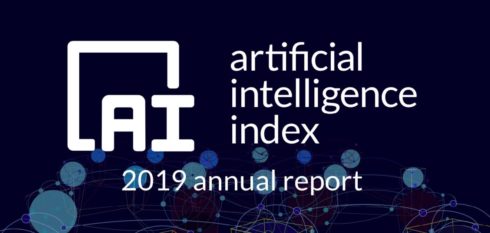
The Human-Centered Artificial Intelligence lab at Stanford University has just released their AI Index 2019 Report. According to the lab, this report is one of the most comprehensive AI studies ever performed.
For the report, the researchers took an interdisciplinary approach in order to discover patterns about AI’s impact on every industry, from national economics to job growth, research, and public perception. The researchers hope that the report will ground the discussion on AI for practitioners, industry leaders, policymakers and funders, the general public, and the media. Further, this report tracked three times as much data as their report did last year.
RELATED CONTENT:
Be (AI) smarter about your digital transformation
AI ethics: Early but formative days
Along with the report, the lab also released two AI-related tools. Their Global AI Vibrancy Tool can be used to compare countries’ global activities or drill down into a specific country. The arXiv Monitor is another new tool that can be used to search the data used in the report, which is kept up to date.
According to the report, the interest in AI research has skyrocketed. Between 1998 and 2018, the volume of peer-reviewed papers about AI increased by 300%. They now account for about 3% of all peer-reviewed publications and 9% of conference papers.
Attendance at AI conferences is also continuing to skyrocket. For example, NeurIPS is expecting 13,500 this year, which is up by 41% since 2018 and 800% from 2012. Other AI conferences like AAAI and CVRP have also seen around 30% increases in attendance.
Technology has also improved such that the time it takes to train AI models has significantly decreased. An image classification system that would have taken three hours to train in October 2017 took about 88 seconds to train in July 2019. In that same time period, the cost of training a similar system also decreased.
Demand for AI jobs is also up, especially in the tech and manufacturing sectors. AI jobs made up 0.3% of the industry in 2012, and now make up 0.8% of the industry. Investment in AI startups is also increasing. $1.3 billion was raised for AI startups in 2010, and in 2018, $40.4 billion was raised. According to the researchers, there is an average annual growth rate of more than 48%.
Other interesting findings of the report are that autonomous vehicles received the largest share of AI investment, 58% of large companies have adopted AI in at least one business unit, and there has been a significant increase in AI-related legislation globally.





